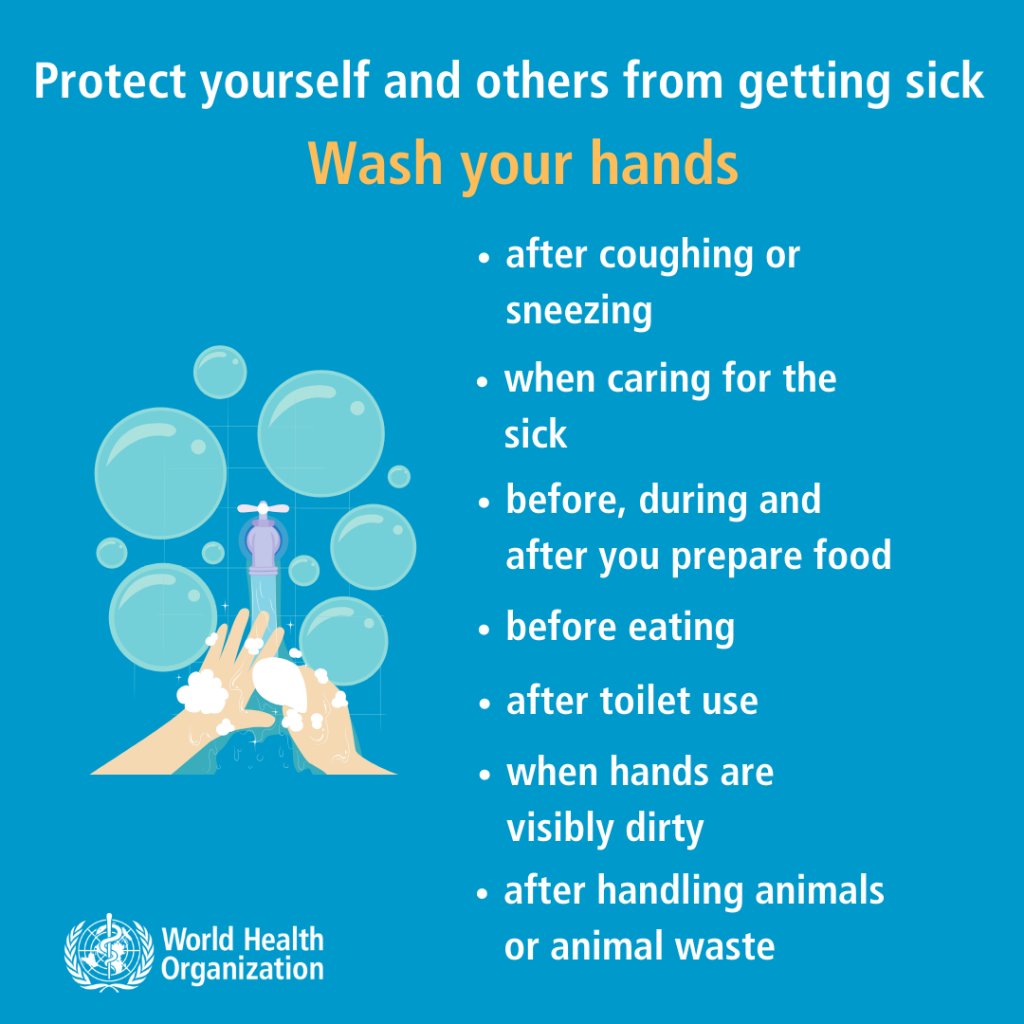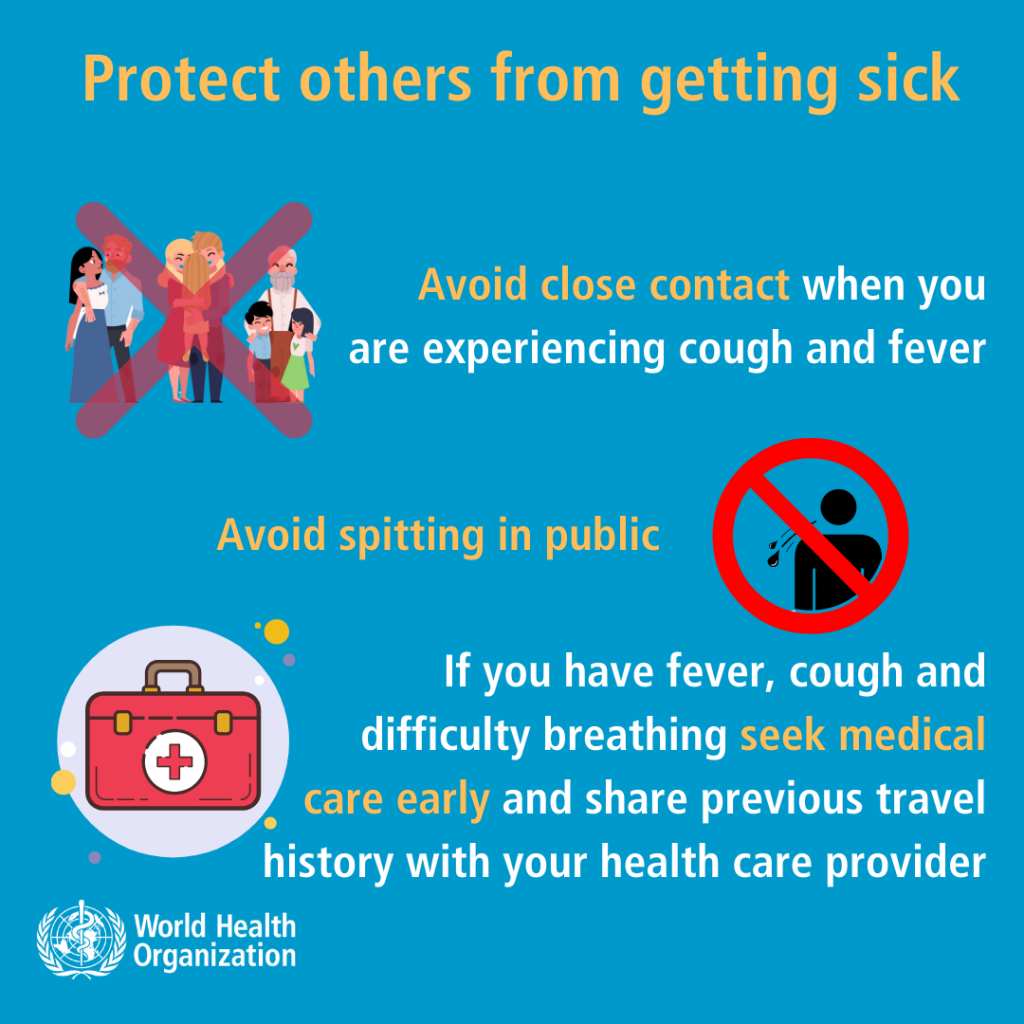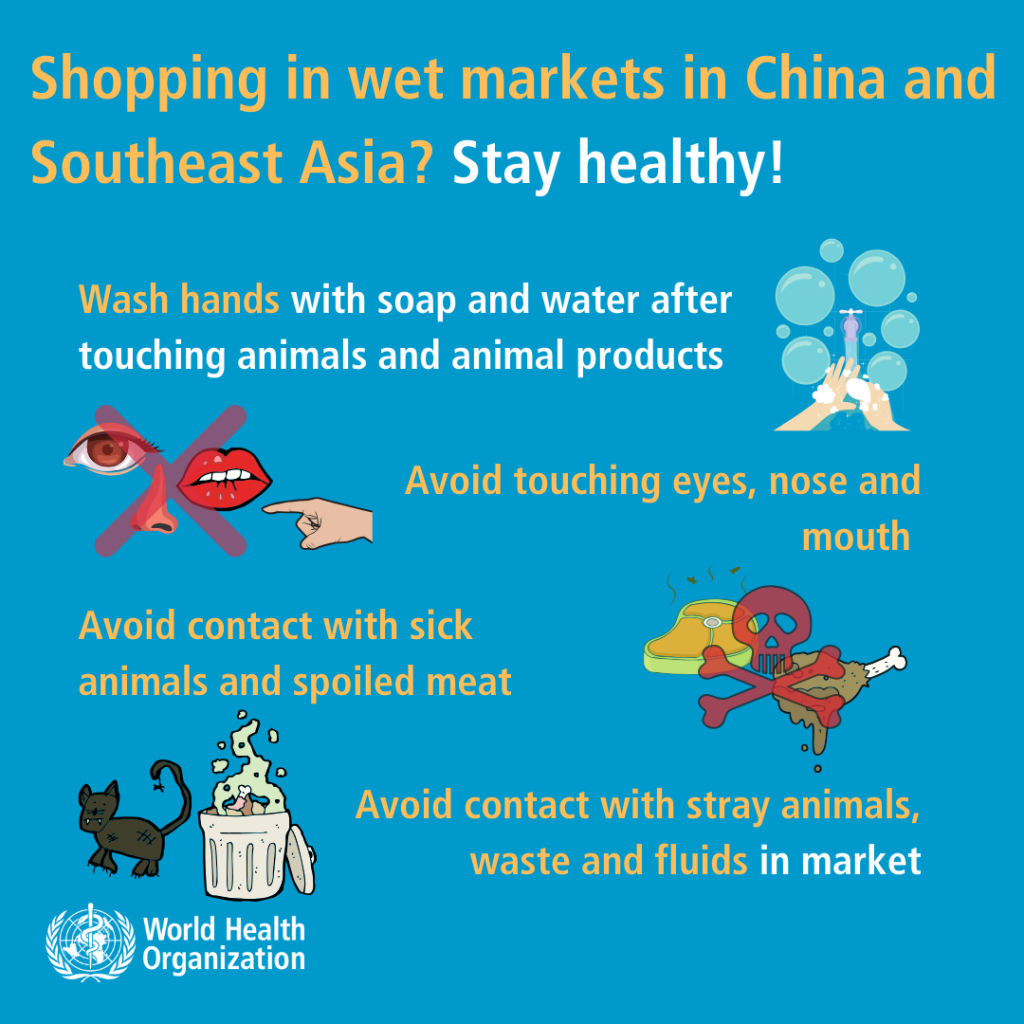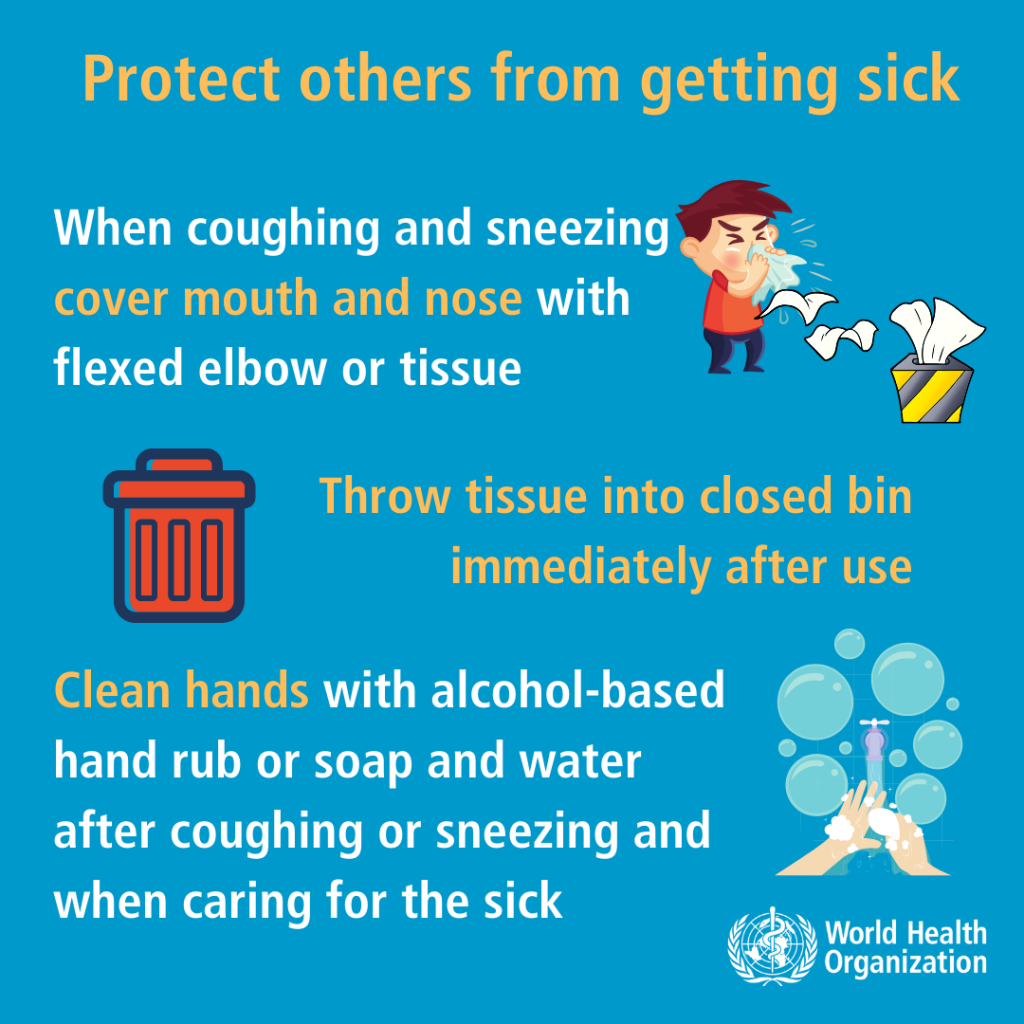Stay vigilant vs novel coronavirus, misinformation
The last thing anyone wants to do in an emergency or virus outbreak is to panic. And if one panics, there is the tendency to spread unverified information. While the spread of the 2019 novel coronavirus (2019-nCoV) is speeding up, a deluge of misinformation is circulating on social media platforms and closed spaces. Panic and false news are as much a problem as the actual medical emergency. A friend lamented on which news about the novel coronavirus is real or not. “What are those videos showing people collapse on the ground and looking like zombie-apocalypse movie scenes? Is the virus spread through the eyes not by mouth, making the mask useless?” While a lot of unknowns surround this virus, conspiracy theories are bound to happen.

Hoaxes about coronavirus spread faster than the virus itself. Poynter’s International Fact-Checking Network & the American Press Institute’s Accountability Project affirm the widespread misinformation. Around 48 fact-checking organizations from 30 countries collaborated to debunk false information about the 2019-nCoV. As of Jan. 29, 2020, the community detected 86 instances of misleading information that deserved international attention. The largest trend of misinformation gathered is the launch of a miraculous vaccine. This was followed by fake data about the source of the fatal illness. Conspiracy theories come in third. The collaborative project remains active as long as the disease spreads worldwide. You could follow these updates through two hashtags, #CoronaVirusFacts and #DatosCoronaVirus in social media platforms and Poynter.org fact checking coverage.
Facebook, Google and Twitter are fighting a surge of half-truths and falsehoods about the new coronavirus outbreak. All three major platforms follow specific policies around health-related posts, aiming to ensure digital conversations won’t cause real-world harm. The fact-check organizations that partnered with Facebook pointed out false coronavirus claims, including fake treatments. Facebook labeled the inaccuracies and lowered their rank in users’ daily feeds. I witnessed how Twitter tweaked search results to fight coronavirus disinformation. To prevent automated search results that are “likely to direct individuals to non-credible content”, Twitter used their search prompt to direct users to authoritative information from organizations like the Centers for Disease Control and Prevention (CDC).
That is true for those living in the United States of America. In the Philippines, the search results prompt me to the Twitter account of the Department of Health (DoH) and World Health Organization (WHO) Philippines. Over 15 million tweets related to the coronavirus have shown up in the platform in the past four weeks alone, but Twitter said it hasn’t yet seen “significant coordinated attempts to spread disinformation.” Search results on “coronavirus” on YouTube yield videos from ABS-CBN news, Inquirer.net, CNN Philippines as their Top news source.
Much of the misinformation takes place in closed spaces where it is difficult for platforms to moderate the discussion. The good news is more people are sharing information from official sources like the WHO. Even if the DoH is the official source for information on novel coronavirus, people noted inconsistencies. A BBC Monitoring article on Jan. 30, 2020 reported on the false health advice on ways to treat or prevent the disease. One advice from Health Secretary Francisco Duque 3rd, is to “make sure your throat is moist so the virus couldn’t attach to it.” It does not match DoH FAQs section on “What could the public do to prevent the spread of 2019-nCoV?”
While a vaccine against the new coronavirus is not yet available, standard recommendations from WHO to prevent infections apply.
1. Clean hands by using an alcohol-based hand rub or soap and water.
2. When coughing and sneezing, cover mouth and nose with flexed elbow or tissue
3. Avoid the consumption of raw or undercooked animal products.
4. Avoid close contact with anyone who has fever and cough.
An effective way to fight and overwhelm misinformation is to be truth-tellers sharing reliable and accountable news. When sharing information, add a source with links from official sources or credible news agency. As a responsible citizen, we have the responsibility to discern the source of information and be mindful about the misinformation coming from the media, government and other citizens. Now, more than ever, we need to be vigilant against misinformation and being discriminatory towards the Chinese people. Stay calm, protect yourself and others, and learn how to validate information.
To avoid unnecessary panic and anxiety, refrain from relying on social media. Check for updates on the following websites:
https://www.doh.gov.ph/2019-nCov
https://www.who.int/emergencies/diseases/novel-coronavirus-2019
First published at Sunday Business & IT, Manila Times. February 2, 2020.




